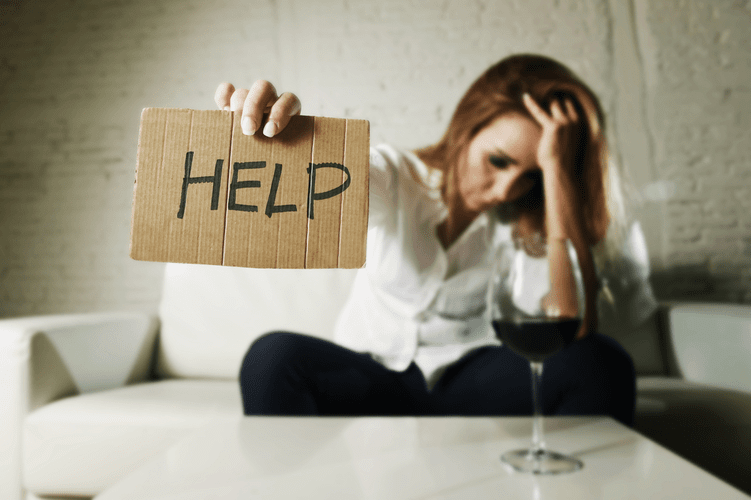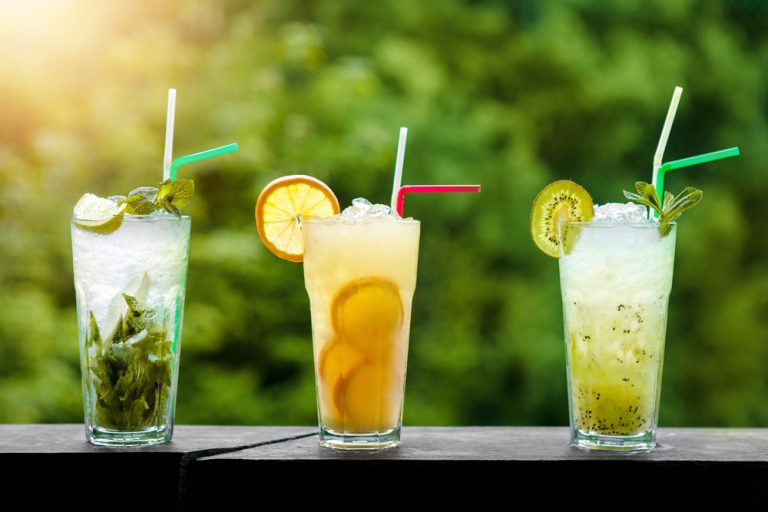Content
This perspective can help you stay motivated and committed to your recovery goals, even when times are tough. Without recovery, many people would still be using drugs and drinking alcohol in harmful way. Gratitude and recovery are an obvious pairing because in recovery there is a lot to be grateful for! The “relieved” part of the definition has everything to do with recovery. It is a relief that today, one day at a time, you don’t have to pick up drugs and alcohol.
By practicing gratitude daily, people in recovery remind themselves of all the blessings they have and foster positive thinking, happiness, and wellness. Why are there billionaires who seem so dissatisfied with their lives, and then there are those who live with very little who feel like they have everything they need? Gratefulness is a mental attitude completely independent of our circumstances and it can be developed. For those who are recovering from addiction, cultivating this positive outlook helps assure their future success. Having a grateful perception of the world around us can change roadblocks into opportunities — the “bad” into “good”.
Make a Gratitude List
If someone holds the door for you or lets you merge into traffic on a busy road, make a conscious effort to be grateful. Once you’ve been able to adjust to this mindset of gratitude as your default, negativity will creep into your mind far less often, even when negative circumstances arise. They found that people with a grateful disposition were less likely to relapse and had a better emotional outlook. They saw that actively practicing gratitude could provide a healthier coping strategy and a substitute for drinking as a way to cope. Living with gratitude is a chance to change your perspective in the present to a positive view rather than a negative one. Instead of seeing the world through a negative lens, you’re actively seeking out a pragmatic one.
How does gratitude heal you?
The practice of gratitude can help retrain your brain to help reorient it out of despair. Gratitude helps us realize that our challenges are not the only things in our lives at any given moment and that, even in the most extreme situations, there are still things for which to be grateful.
Even if drugs or alcohol still tempt you, you missed your group session or you yelled at a dear friend — don’t beat yourself up. Encourage yourself as you focus even more fully on your recovery. If you recently left treatment or you’re new to recovery, be patient https://ecosoberhouse.com/ with yourself. You’ve already taken the first steps on the road to happiness, and over time, your gratitude, mental health and general outlook on life will all improve. Our mission at Eleanor Health is to help people affected by addiction live amazing lives.
The Importance of Gratitude in Addiction Recovery
As the road twists and turns, some moments will feel like a pleasant stroll while others will feel like a perilous voyage. In treatment, you will learn to incorporate practices that help you as obstacles arise. Gratitude is one key that you can use to unlock new depths of joy in your recovery process.
If you are anywhere near Tampa, Charlotte, Raleigh, Peachtree City, or Atlanta I would highly recommend attending this meeting. It could make a difference for you and your family on this very important holiday. In recovery, make self-care a priority by taking steps why is gratitude important in recovery to improve your circumstances or your health, or saying no to people and activities that don’t support your goals for recovery. When someone is addicted to drugs or alcohol, getting and using them becomes a priority –and recovery should be a priority as well.
How Can We Become More Grateful?
However we choose to express gratitude, we find that we gain the most benefit when such expressions are made with great regularity. Researchers consistently find that a practice of gratitude leads to greater levels of happiness and other positive emotions, improved mental and physical health, and stronger interpersonal relationships. The benefits are for everyone, but for individuals in recovery it they are especially powerful. Gratitude strengthens sobriety, reduces relapses, and provides generally better outcomes after treatment. Positive thinking and a positive outlook can influence behavior and aid in leading a sustainable recovery-oriented life.
Sometimes, writing a gratitude letter can seem daunting, especially if you have trouble putting your feelings into words. If you are not about words of affirmation, there are other ways to show people you appreciate having them in your life. Getting them a small gift/card, spending quality time with them, or doing a favor for them are all great ways to show gratitude that don’t require words.
How to Practice Gratitude in Recovery
Having a grateful mindset allows to take on challenges with a positive mindset and instead of seeing relapse as a failure, we can see it as an opportunity to improve. Practicing gratitude also teaches us how to love and respect ourselves, which enables us to love and respect others as well. So, what does any of this have to do with recovery from addiction?







